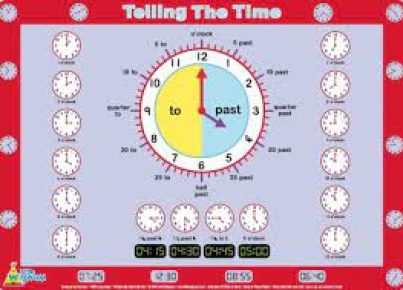Introduction
In today’s fast-paced educational landscape, organizing and managing curricula effectively is more important than ever. A Curriculum Manager plays a crucial role in designing, implementing, and refining educational programs to ensure that they are aligned with current standards and best practices. In this article, we will delve into the various responsibilities of a Curriculum Manager, the necessary skills for success in this field, and the potential career paths available to those interested in pursuing this vital position.
Roles & Responsibilities of a Curriculum Manager
1. Design and Development: A Curriculum Manager’s primary responsibility is to create an effective and engaging curriculum that caters to the needs of learners at different stages. This involves researching and selecting instructional materials, developing lesson plans in line with educational standards, and ensuring that content is age-appropriate and engaging.
2. Implementation: Once the curriculum has been designed, the Curriculum Manager oversees its implementation in educational institutions. They collaborate with teachers to train them on new methods and materials, making certain they understand how to use these tools effectively in the classroom.
3. Evaluation: As part of ongoing improvement efforts, a Curriculum Manager regularly assesses the effectiveness of educational programs by collecting data on student performance and feedback from both educators and learners. Based on these results, they make adjustments to enhance course content and delivery methods.
4. Collaboration & Communication: A successful Curriculum Manager works closely with teachers, administrators, and other stakeholders (e.g., parents) to ensure they are informed about changes in curriculum development or any related issues. Communicating updates effectively allows for continuous improvement through dialogue between all parties involved with students’ learning experiences.
Skills Required for Success as a Curriculum Manager
1. Content Expertise: A strong foundation in subject matter is essential for a Curriculum Manager when designing instructional materials or courses that cater to specific learning objectives.
2. Instructional Design: To create an engaging and effective curriculum, a Curriculum Manager needs to be well-versed in best practices for instructional design, as well as the latest trends in technology that enhance learning experiences.
3. Analytical Skills: A critical part of a Curriculum Manager’s role is to evaluate the effectiveness of educational programs. This requires strong data-analysis skills to interpret results from student assessments and implement necessary changes.
4. Project Management: Curriculum development is often a long-term endeavor involving multiple stakeholders. A successful Curriculum Manager must be able to manage projects and resources effectively, ensuring that timelines and budgets are met.
5. Communication & Interpersonal Skills: Collaborating with teachers, administrators, and others demands excellent communication skills, both written and verbal. A Curriculum Manager should also demonstrate strong interpersonal abilities, including being able to lead teams, resolve conflicts, and negotiate compromises when needed.
Career Paths for Curriculum Managers
A Curriculum Manager can pursue a variety of career paths within the education sector. These may include working for schools or districts as a director of curriculum or instructional technology, pursuing opportunities in educational policy organizations, or taking on roles in educational consulting or publishing companies.
Conclusion
Curriculum Managers play an essential role in shaping the learning experience for students across various stages of education. By staying informed about current trends and adapting their expertise, they ensure that educational programs remain relevant, engaging, and effective in delivering desired outcomes for future generations of learners.





